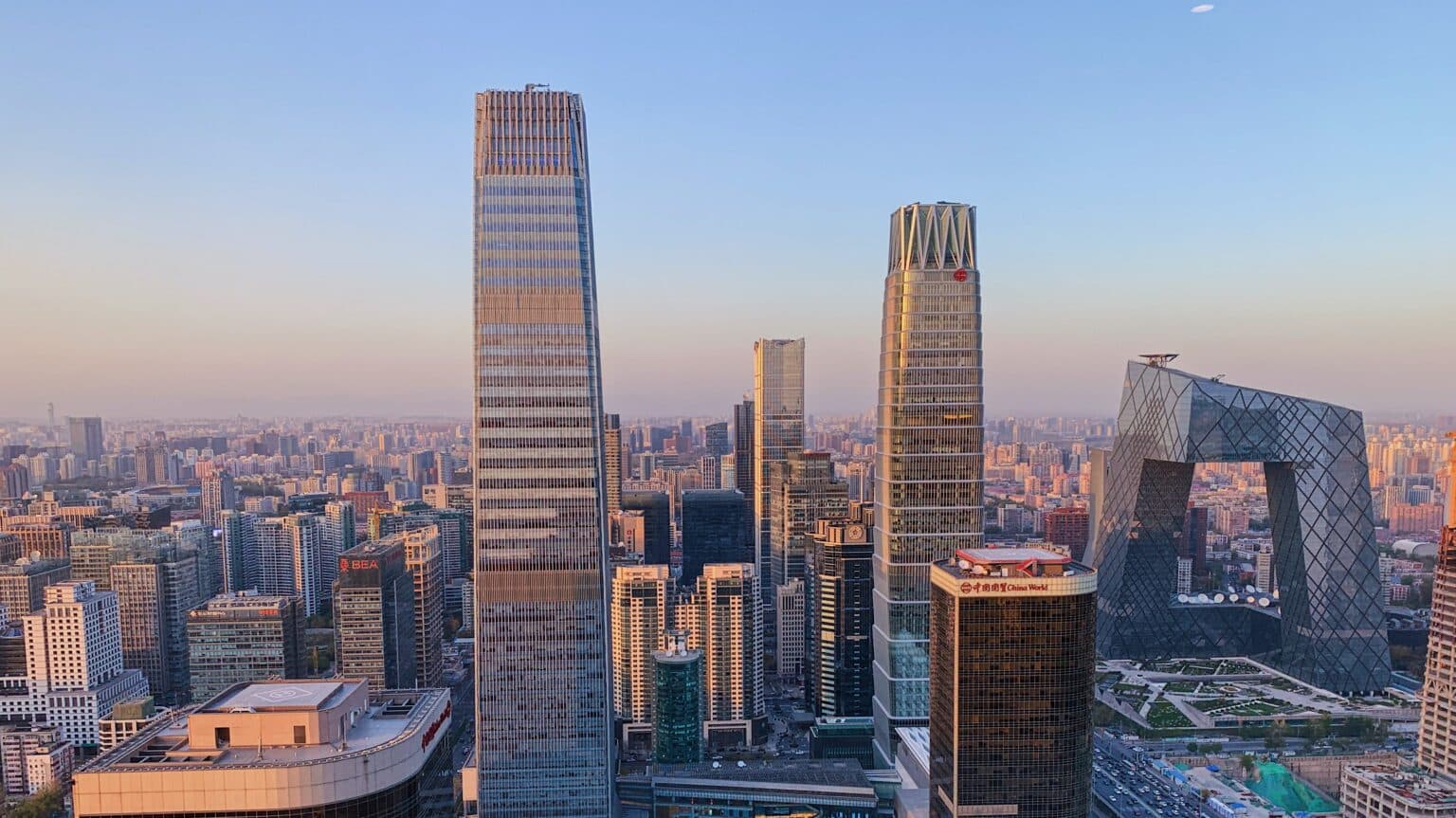Beijing is a virtual ghost town, under China’s “zero Covid policy” lockdown as cases of the virus have spread throughout the nation’s capital city.
Beijing has been hit with a significant outbreak of the coronavirus one week after the Chinese government announced it would ease some of the draconian restrictions the nation has been living under throughout the pandemic.
Zero Covid policy often includes the shutdown of entire cities and moving people to quarantine centers. In November, rare nationwide protests broke out against the policy after a deadly fire broke out in China’s Xinjiang region, made worse when fire trucks were impeded by pandemic control barriers and cars stranded by quarantined owners.
The protests that followed included the unprecedented call for the ousting of President Xi Jinping and other leaders of the Chinese Communist Party (CCP)—unheard of in the history of the People’s Republic.
Beijing is now dealing with a new outbreak under less restrictive rules. No longer tracking every case, there is no clear data on the extent of the virus’ spread.
China’s new Covid rules significantly rolled back the testing requirements that once dominated daily life. Citizens now self-test at home—if at all—and on Wednesday, China’s National Health Commission gave up trying to keep track of new Covid cases, saying it would no longer include asymptomatic infections in its daily count.
Dr. Timothy R. Heath, Senior International/Defense Researcher at the RAND Corp., tells Political IQ, “The current vaccine that China uses is not as effective as Western mRNA vaccines. So there’s that issue. People who do get Covid tend to get sicker.”
And already by Tuesday, medical experts in China were advising that hospitals should do everything they can to make sure that health workers don’t get Covid. Prominent Shanghai physician Zhang Wenhong told local media that such a situation could result in a shortage of medical staff and infections among patients.


